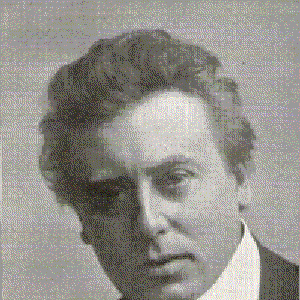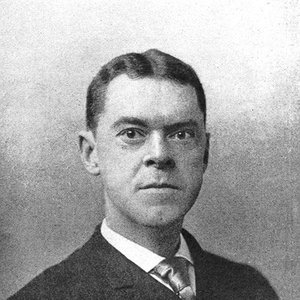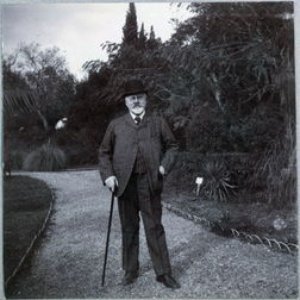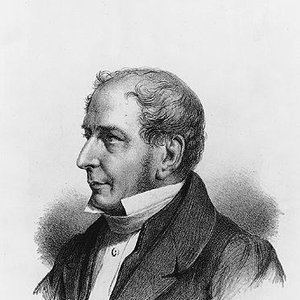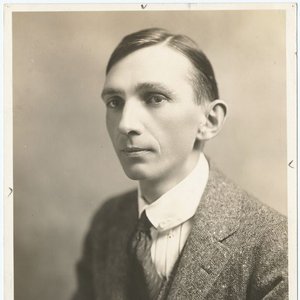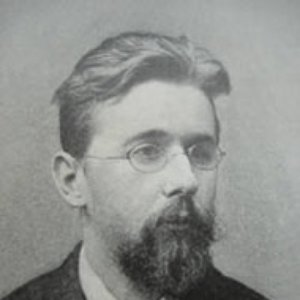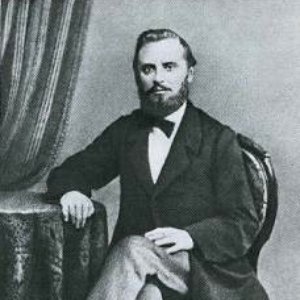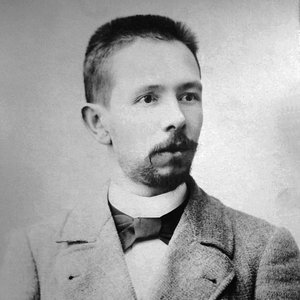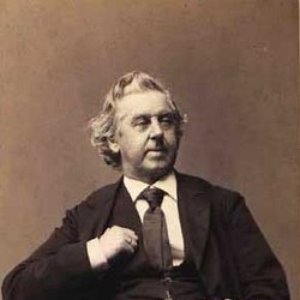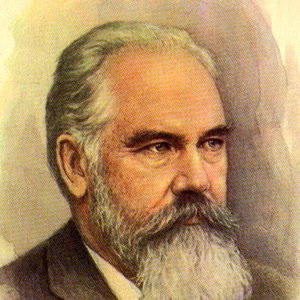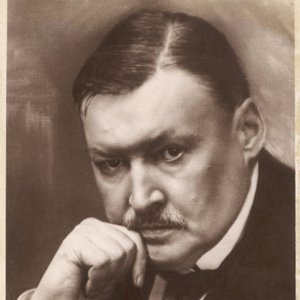Biography
-
Born
13 November 1854
-
Born In
Lowell, Middlesex County, Massachusetts, United States
-
Died
4 April 1931 (aged 76)
George Whitefield Chadwick (November 13, 1854 – April 4, 1931) was an American composer. Along with Horatio Parker and Edward MacDowell, he was a representative composer of what can be called the New England School of American composers of the late 19th century — the generation before Charles Ives. Chadwick’s works are influenced by the Realist movement in the arts, characterized by a down-to-earth depiction of people’s lives. Many consider his music to portray a distinctively American style. His works included several operas, three symphonies, five string quartets, tone poems, incidental music, songs and choral anthems. Along with a group of other composers collectively known as the Boston Six, Chadwick was one of those responsible for the first significant body of concert music by composers from the United States. The other five were Amy Beach, Arthur Foote, Edward MacDowell, John Knowles Paine, and Horatio Parker.
Contents Born in a rural part of Lowell, Massachusetts, Chadwick received some early musical training from organ lessons given by his older brother, Fitz Henry. He developed an independent, self-reliant character early in his life. Dropping out of high school in 1871, Chadwick assisted briefly in his father’s insurance business. The experience enabled him to travel to Boston and other cities, where he attended concerts and cultural events that might have initiated his lifelong interest in the arts.
Chadwick entered New England Conservatory as a “special student” in 1872, where he could study with the faculty without satisfying the rigorous entrance or degree requirements. However, he approached his studies more seriously and took advantage of what NEC offered. Chadwick studied organ with George E. Whiting (1840-1923), piano with Carlyle Petersilea (1844-1903), and theory with Stephen A. Emery (1841-1891), each of whom was well-respected in the Boston music scene. In 1876, Chadwick accepted a faculty position within the music program at Olivet College and was a valued instructor as well as administrator. While at Olivet, Chadwick founded the Music Teachers National Association. The first evidence of his interest in composing appeared during this time, from a performance of his Canon in E-flat dated 6 November 1876. Realizing that his musical career in the U.S. would be limited without further studies in Europe, Chadwick headed to Germany like many other composers of his generation. He studied in Leipzig at the Royal Conservatory of Music under Carl Reinecke (1824-1910) and Salomon Jadassohn (1830-1902). Chadwick’s most significant compositions as a student there include two string quartets and the concert overture Rip Van Winkle. They helped confirm his position as a promising young American composer among his German contemporaries, from whom he received favorable critiques. After his two-year stay in Leipzig, Chadwick traveled around Europe with a group of artists who called themselves the “Duveneck Boys”. They were led by the young and charismatic Frank Duveneck, who was well-known for his portrait works in the style of Velasquez. The group was based in Munich, then major culture center second to Paris. Chadwick also stayed in France with the group, where he was taken with the French lifestyle and influenced by the emerging Impressionist movement. Chadwick resumed his compositional studies with Joseph Rheinberger (1839-1901) at the Hochschule für Musik in Munich. Rheinberger was known as a skilled musical craftsman who incorporated polyphony with creativity and clarity. Thus Chadwick benefited from Rheinberger’s extensive knowledge of the classics, both instrumental and choral.
Chadwick returned to Boston in March 1880 and soon began establishing a career in the U.S. He opened a teaching studio and secured two performances of Rip Van Winkle. Chadwick also completed his First Symphony, which although not particularly inspired was a significant early contribution by an American composer. In addition to his compositional activities, Chadwick was also a performing organist and avid conductor. He served as the Music Director of the Springfield Festival from 1890 to 1899, and of the Worcester Festival from 1899 to 1901. In 1897, Chadwick was appointed Director of New England Conservatory. Known in the Boston arts circle as talented, personable, and energetic, he was crucial in transforming NEC into a respectable school of music. Chadwick implemented features that resembled those of the German conservatories of his experience. He established a variety of performing ensembles, and students were required to take more music theory and history classes. He had some influence in the establishment of Phi Mu Alpha Sinfonia music fraternity, which was established at the conservatory in the fall of 1898. He also invited members of the Boston Symphony Orchestra as private teachers to the students, along with being an inspiring teacher himself. His students described him as “demanding, though fair-minded and witty”.
Artist descriptions on Last.fm are editable by everyone. Feel free to contribute!
All user-contributed text on this page is available under the Creative Commons Attribution-ShareAlike License; additional terms may apply.

